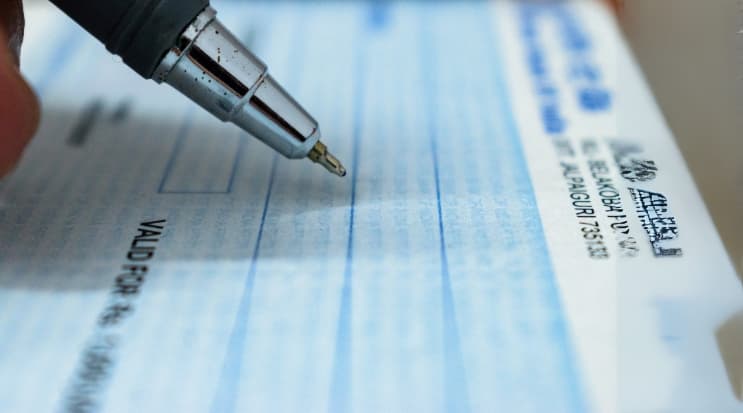
Maars Communicates Takes Legal Action Against MyFledge for ₹2.75 Crore Cheque Bounce
PR firm accuses ed-tech company of financial default and initiates criminal proceedings under cheque bounce law
Background: Financial Dispute Turns Legal
Mumbai-based public relations agency Maars Communicates, co-founded by actor Aayush Shah and Mausam Shah, has filed a criminal case against MyFledge Private Limited for the alleged dishonor of cheques amounting to ₹2.75 crore. The matter stems from a loan of ₹4.4 crore extended to MyFledge, which reportedly defaulted on repayments, leading to a cheque bounce.
Legal Grounds Under Cheque Bounce Law
The complaint has been filed under Sections 138 and 141 of the Negotiable Instruments Act, which deal specifically with cheque bounce and criminal liability of company directors. As per legal provisions, when a cheque is dishonored due to insufficient funds or a closed account, criminal prosecution can be initiated.
The Additional Metropolitan Magistrate of Girgaon, Mumbai, is overseeing the matter under a summary trial, and the court has been directed to conclude proceedings within six months of the complaint, under Section 143 of the Act.
Role of Lawyers in Cheque Bounce and Insolvency Cases
This case highlights the critical role that lawyers play in resolving financial disputes and enforcing creditor rights. In such matters, legal professionals:
- Draft and file criminal complaints under cheque bounce laws
- Represent the complainants in summary trials
- Serve legal notices demanding repayment within stipulated time
- Collect evidence, including bounced cheques, bank memos, and loan agreements
- Advise clients on potential escalation to insolvency proceedings under the Insolvency and Bankruptcy Code (IBC)
If MyFledge fails to repay the loan amount despite legal intervention, insolvency action may be the next step. In such scenarios, the creditor can initiate corporate insolvency resolution against the defaulting company before the National Company Law Tribunal (NCLT). This provides a structured process to either recover dues or trigger liquidation.
Legal and Financial Implications
- The dishonour of large-value cheques can lead to both criminal liability and civil recovery suits
- Company directors can be personally held liable under Section 141 if found involved in the day-to-day affairs of the defaulting entity
- Failure to respond to demand notices within 15 days or settle dues can lead to arrest warrants or conviction
- Lawyers ensure that procedural requirements are met and that the complainant’s rights are protected throughout
For any enquiries or information, contact info@thelawreporters.com or call us on +971 52 644 3004. Follow The Law Reporters on WhatsApp Channels